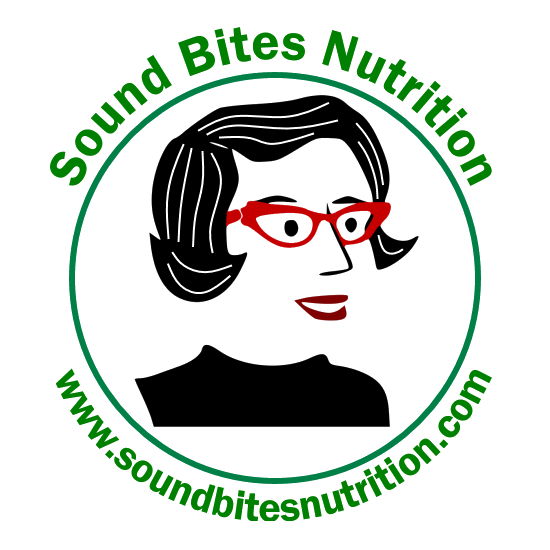Can Diet Help Prevent Progression of Glaucoma?
If you don’t need glasses or contacts to see, read, or drive, you may not visit the eye doctor regularly. But as we age (and we all age), eye health becomes more and more important and can lead to the diagnosis of chronic conditions such as diabetes or high blood pressure.
An eye exam may also reveal eye diseases, such as glaucoma. Glaucoma is a condition where the optic nerve of your eye is damaged. It’s more common as we age and may result in vision loss and blindness.
If you’ve been diagnosed with glaucoma, there’s good news. A recent research study suggests a common vitamin supplement may delay the progression of glaucoma. The research was published in the journal Cell Reports Medicine, and clinical trials have begun on patients.
With glaucoma, the optic nerve gets damaged over time, resulting in vision loss and potential blindness. High pressure in the eye leads to the disease. Eye drops, laser treatments, or surgery are typically used to reduce eye pressure and halt the disease. But the effects may vary.
Glaucoma researchers have often theorized that a substance called homocysteine could be at play in the disease. Homocysteine is a type of amino acid used to make other proteins in the body. When the level is elevated, it can be damaging to cells and is linked with blood clots, heart disease, and stroke.
However, the researchers discovered that when rodents with glaucoma were given elevated levels of homocysteine, their disease didn’t progress. They also found that elevated blood homocysteine in people with glaucoma wasn’t associated with how fast the disease progressed. Glaucoma wasn’t more common in people with a hereditary condition where more homocysteine is made in their blood. The researchers concluded that homocysteine is a consequence of the condition, not a cause.
As the body naturally makes homocysteine, the researchers wanted to evaluate metabolic pathways of homocysteine production in rodents and humans with glaucoma. Several abnormalities were noted, the most significant being metabolic changes associated with the retina’s ability to use certain nutrients. This alteration suggested that metabolism was reduced locally in the retina, and this was a factor in the development of glaucoma.
'Our conclusion is that homocysteine is a bystander in the disease process, not a player. Altered homocysteine levels may reveal that the retina has lost its ability to use certain vitamins that are necessary to maintain healthy metabolism. That's why we wanted to investigate whether supplements of these vitamins could protect the retina,' says co-lead on the paper James Tribble, researcher and assistant professor at the Department of Clinical Neuroscience at Karolinska Institutet.
In studies using mice and rats with glaucoma, the researchers provided B vitamin supplements containing B6, B9, B12, and choline. The supplements had a positive impact. In mice with a slower development of glaucoma, damage to the optic nerve was completely stopped. In rats with a more aggressive form of glaucoma and faster progression, disease activity was reduced.
Eye pressure was left untreated in these studies, which the researchers believe suggests that the vitamin mix affects the disease differently than reducing eye pressure does. Tribble notes that a clinical trial is underway with patients at St. Erik’s Eye Hospital in Stockholm. Patients with slower progression and faster progression glaucoma are included.
If you’re at risk for glaucoma, below are some tips to keep your peepers healthy:
· Get an annual eye exam to track your eye health.
· Wear sunglasses when you’re out in the sun and when driving. UV rays are known to be damaging to your eyes.
· Include leafy green vegetables like broccoli, kale, and spinach. These are high in antioxidants, which protect your eyes.
· Enjoy berries, citrus fruits, and melon, which are high in vitamin C and protect your eyes.
· Add sources of beta-carotene to your diet including apricots, carrots, sweet potatoes, mango, peaches, and nectarines.
· Try chopped nuts in oatmeal and yogurt for vitamin E and healthy fats.
· Includes sources of omega-3 fatty acids in your diet, such as ground flaxseed, chia seeds, salmon, and walnuts.
· Take a B complex vitamin to keep homocysteine levels in check.
Reference:
James R. Tribble, Vickie H.Y. Wong, Kelsey V. Stuart, Glyn Chidlow, Alan Nicol, Anne Rombaut, Alessandro Rabiolo, Anh Hoang, Pei Ying Lee, Carola Rutigliani, Tim J. Enz, Alessio Canovai, Emma Lardner, Gustav Stålhammar, Christine T.O. Nguyen, David F. Garway-Heath, Robert J. Casson, Anthony P. Khawaja, Bang V. Bui, Pete A. Williams. Dysfunctional one-carbon metabolism identifies vitamins B6, B9, B12, and choline as neuroprotective in glaucoma. Cell Reports Medicine, 2025; 102127 DOI: 10.1016/j.xcrm.2025.102127
